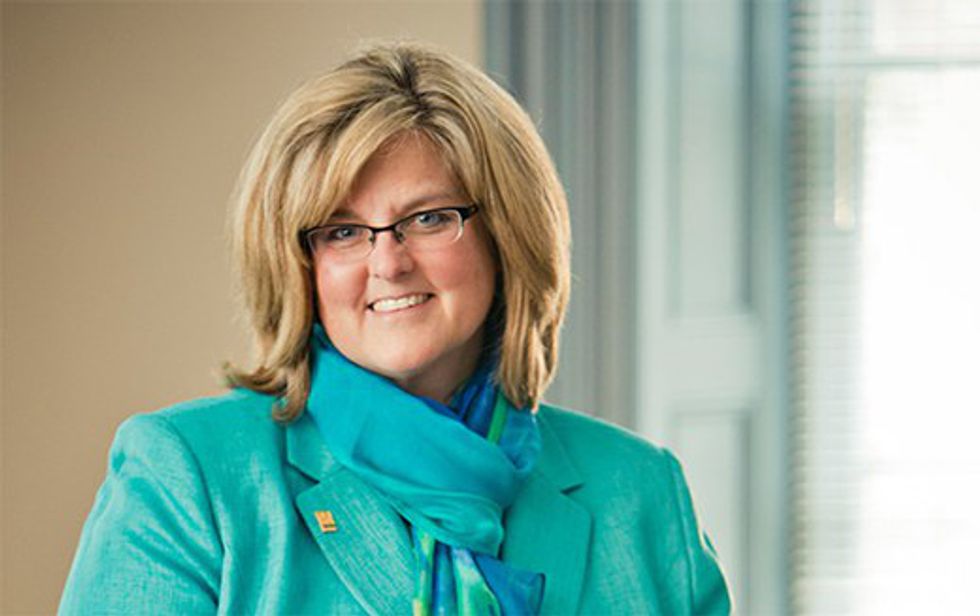Philadelphia is home to many great universities that offer an education that fits a specific mission they hope students take with wherever they go post-graduation. This requires tailoring the services, the campus, the faculty, and the administration towards the students.
For the smaller Catholic universities in the area, they favor having a small student body. The small student population requires a smaller faculty to cater to them and allows more face time to develop a small, tight knit community. Professors can be more focused towards each student not just in the classroom but outside as well, fostering a positive atmosphere of mentorship on campus which the students will pass on to the incoming class and when they graduate. A smaller student body also means a smaller pool of tuition money to collect as well. Universities, like St. Joseph and La Salle derive 80 percent of their revenue from student tuition and fees. As a result, these schools must have a constant supply of applicants and enrollment. When enrollments are down, the schools face a shortfall in their budgets and must make tough decisions. That's what some Catholic schools are experiencing, right now.
What's happening?
Since 2010, some Catholic universities have seen a decline in student enrollment, some sharper than others. La Salle, Immaculata, Chestnut Hill College, Cabrini College, Holy Family, Manor College, Rosemont College, have all experienced a decrease in enrollment for their Freshman class of 2014. This is a troubling sign for the future of these small schools if the trend continues. La Salle University felt the full brunt of this unexpected development when in 2015, 725 students were enrolled compared to their 2014 class of 860. This caused a budget shortfall of $12 million and led to the lay offs of 23 employees. Other universities are facing a similar financial problem such as when St. Joseph's University, in 2014, was hit with a $8 million budget shortfall which resulted in cutting faculty positions and their budget.

What's the cause?
A variety of factors exclusively in Philadelphia and, nationwide, for all colleges contribute to this problem. Usually, if you attend a Catholic university, you went to a Catholic grade or high school. In Philadelphia, many parishes closed forcing Catholic families to send their children to public schools (mostly Charter schools) or move to the suburbs. Then there's the issue of rising tuition prices. The price to attend some of the Catholic universities such as La Salle and St. Joe's is around $40,000, similar to prices of other universities. This has led some students look for other alternatives, such as Temple, or go to better known schools like Penn State and the University of Pittsburgh.
If the price is the same, why go to a smaller, lesser known school? That along with questioning the worth of a college degree at that price did not help. Add that to the fact that more people, especially young people, are becoming more irreligious and some Catholics becoming less passionate and you have troublesome indicators for the future of Catholic schools in Philly.
Big Catholic schools like Villanova University remain unaffected by this trend due to their large size and their basketball team which will bring in more applicants due to their recent NCAA wins
What can be done?
La Salle has opted to freeze their tuition prices, but raise their room and boarding prices along with adding varsity sports such as women's golf and men's and women's water polo to attract applications. St. Joe's looked to increase the size of the income freshmen class despite concerns of current students and faculty. It is noted though that an increase in spending on services and programs increases the budget requirements, a risky investment if they fail to meet their application projections. Increasing the student population helps bring in more revenue but reduces the professor to student ratio, making it more difficult to promote strong community interactions.
It will be tough to balance a great education, a close community, along with managing the declining fiscal health of these schools. The administrations and admissions department will have to work to ensure they can do all of these things while staying true to their mission through thick and thin. That despite these tough times, these institutions will stay committed to their goals. Like La Salle University's president has said, "[we] will persevere, and with the courage of our faith and a keen focus on achieving institutional excellence, emerge stronger than ever." Hopefully, they will.





















 sunrise
StableDiffusion
sunrise
StableDiffusion
 bonfire friends
StableDiffusion
bonfire friends
StableDiffusion
 sadness
StableDiffusion
sadness
StableDiffusion

 purple skies
StableDiffusion
purple skies
StableDiffusion

 true love
StableDiffusion
true love
StableDiffusion
 My Cheerleader
StableDiffusion
My Cheerleader
StableDiffusion
 womans transformation to happiness and love
StableDiffusion
womans transformation to happiness and love
StableDiffusion
 future life together of adventures
StableDiffusion
future life together of adventures
StableDiffusion





















